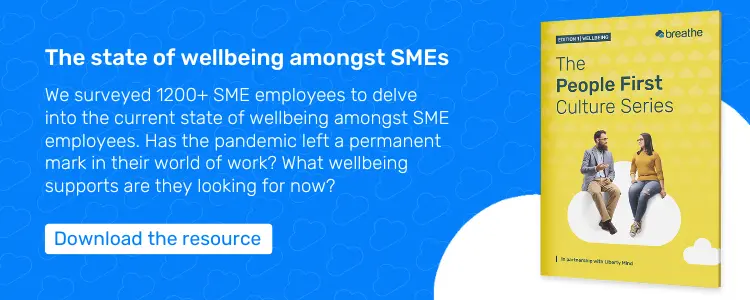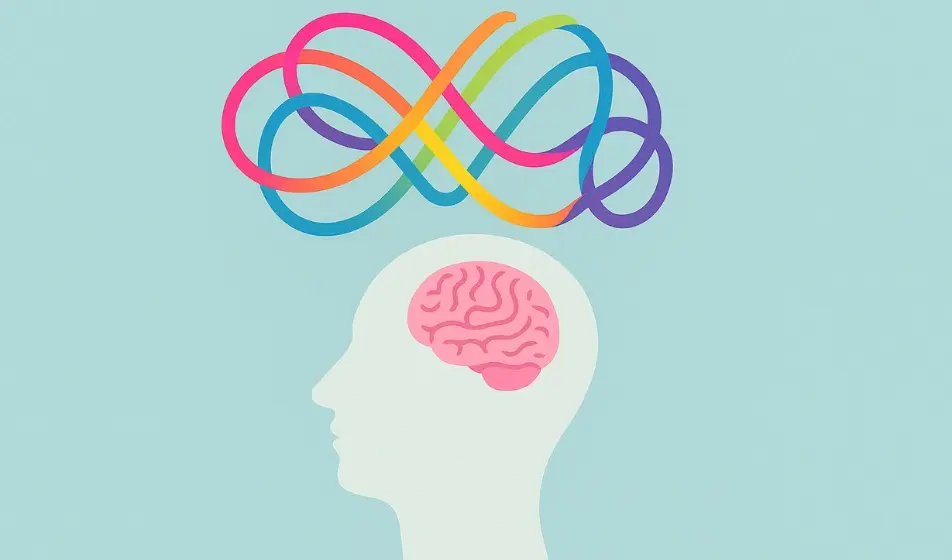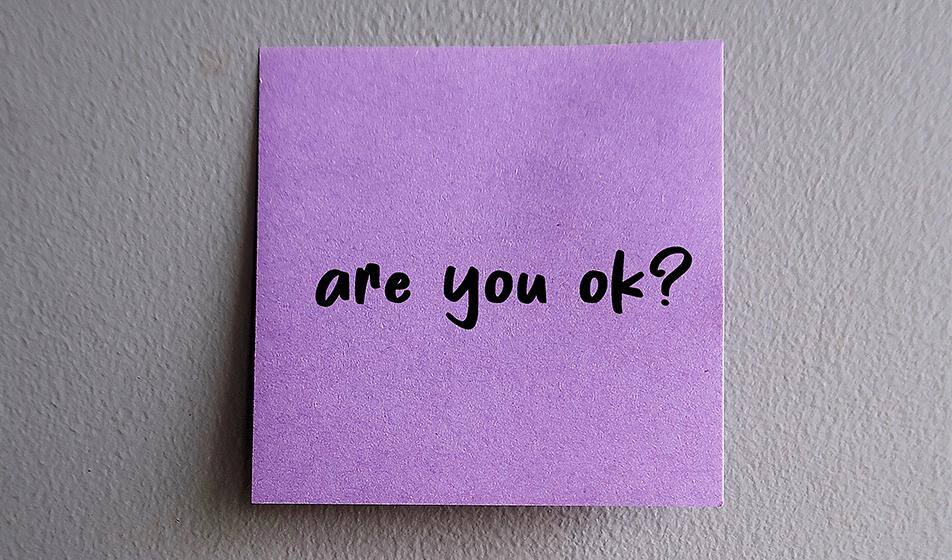Is mental illness a disability?
The Equality Act defines a disability as a physical or mental impairment that has a substantial, adverse and long-term effect on your ability to carry out normal day-to-day activities.
An employee will need to have medical evidence that they have suffered with the condition for at least 12 months.
According to the Equality Act 2010 and irrelevant of the mental health diagnosis, employers and employees qualify for protection as long as they can prove that their mental health disorder is a disability. Under UK law, a mental health condition is considered a disability when the claimant provides evidence that:
-
they have a mental impairment – this could be a note from their doctor or therapist.
-
it is long term – they have suffered with the same condition for over 12 months in one period.
-
it substantially affects daily life – if they were without medication or treatment, their mental condition would have / continues to have a major effect on day-to-day tasks.
-
it has an adverse effect – because of their mental condition they find it harder than others to perform tasks.
How your SME can combat mental health stigma
Whilst we'd hope mental health stigma reduces with every passing year, there are steps your SME can take to further reduce this.
Education & making support readily available is beneficial to raising awareness of mental health conditions, and supporting your people who might be suffering.
-
Breathe's Learn module runs a workplace mental health training course. This covers information SMEs need to know about mental health issues, along with how to talk about them & additional support.
-
Mental Health First Aid England runs Mental Health First Aider training courses to give people the skills they need to support their own and others’ wellbeing. Whilst Mental Health First Aiders aren't trained therapists, they have a more advanced understanding of common mental health issues and are trained to listen & signpost people who are struggling in the right direction to get the help they need.
-
ACAS offers resources around mental health in the workplace, including case studies of how organisations have managed mental health at work. They also offer a range of training courses to help employers understand mental health & its role in the workplace.
Preventing mental health discrimination at work
Someone with depression may not consider themselves to have an impairment or a disability.
But if someone suffers from a mental impairment (like an anxiety disorder) that is long-term, has a substantial effect on their daily life & has an adverse effect then they may be classed as having a disability under the Equality Act.
Under this, they would be protected against discrimination. You can find out more about disability discrimination in our blog & for all impartial legal advice, contact ACAS.
Support your team's wellbeing by reading our research about the kind of support SME employees want in Breathe's People First Culture Series.
Take out a free 14-day trial of Breathe today.







